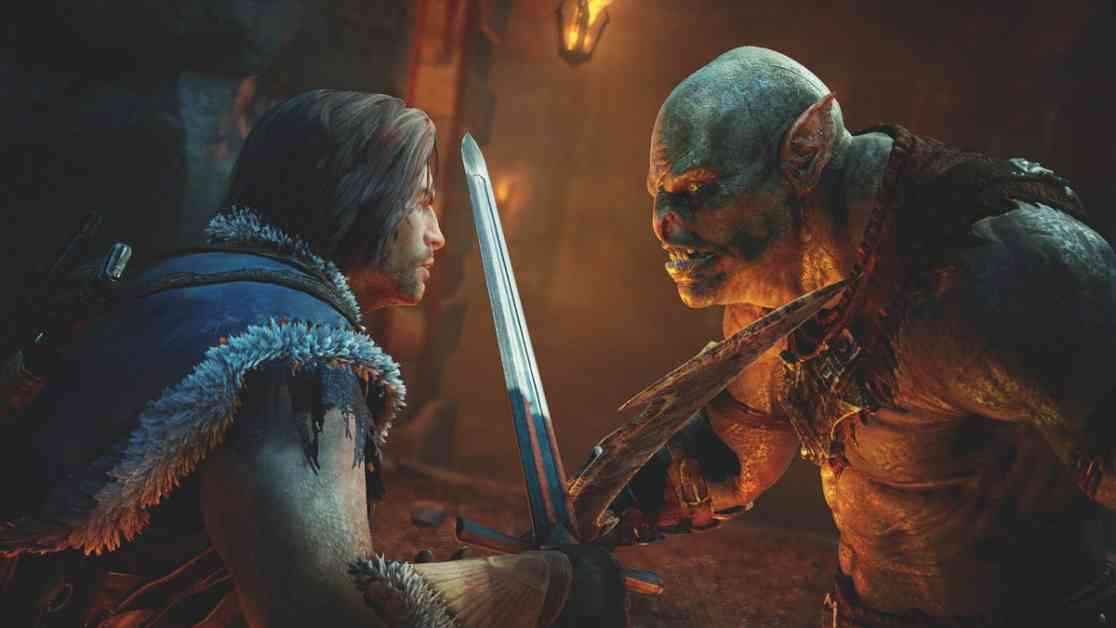Warner Bros.’ recent decision to shut down Monolith Productions, Player First Games, and Warner Bros. Games San Diego, along with canceling Monolith’s Wonder Woman game, has sent shockwaves through the gaming industry. This move comes after a series of setbacks for the company, including the closure of the crossover fighter Multiversus and the underperformance of Suicide Squad: Kill the Justice League. The impact of these closures extends beyond just the studios themselves, affecting the talented individuals who have contributed to iconic games like the Middle-earth series.
The Nemesis system, a groundbreaking mechanic introduced in 2014 with Middle-earth: Shadow of Mordor, revolutionized the way players experienced gameplay and narrative in video games. This innovative system tracked player interactions with enemies, allowing them to evolve and grow in power throughout the game. The dynamic nature of the Nemesis system created personalized, emergent stories for players, adding depth and immersion to the gaming experience.
Despite the widespread acclaim and success of the Nemesis system, Warner Bros. chose to patent the mechanic in 2015, limiting its use to their own games. This decision puzzled many in the gaming industry, as the potential for the Nemesis system to be integrated into other franchises was vast. The patenting of this unique system, which was finally secured in 2021, now stands as a bittersweet reminder of what could have been.
The closure of Monolith Productions, the studio behind the innovative Nemesis system, serves as a poignant example of the fragility of creative ventures in the gaming world. When corporations hold the reins of creative projects, the fate of those projects hangs precariously in the balance, subject to the whims of corporate decisions. The talented individuals who poured their creativity and passion into these projects now face uncertain futures, as their work is locked away in the vaults of a company that may never revisit it.
As we reflect on the impact of Warner Bros.’ decisions on the gaming landscape, it is crucial to recognize the human element behind these closures. The closure of studios and the shelving of promising projects not only affect the bottom line but also have real consequences for the individuals who dedicated their time and talent to these endeavors. The ripple effects of these decisions extend far beyond the boardrooms and into the lives of those whose creativity and passion drive the industry forward.
In the face of uncertainty and change, the gaming community must come together to support those affected by these closures and cancellations. The spirit of resilience and creativity that defines the gaming industry will endure, even in the face of challenges and setbacks. As we navigate these turbulent waters, let us remember the individuals behind the games we love and the stories they tell, for they are the heart and soul of this vibrant and ever-evolving industry.




















